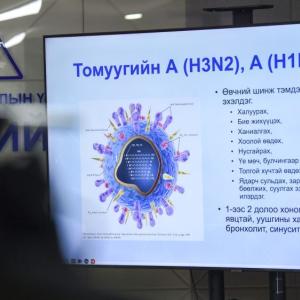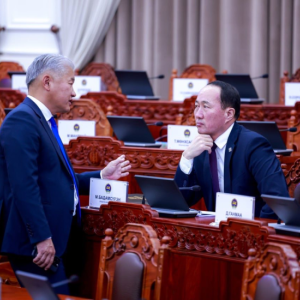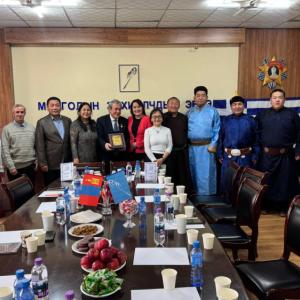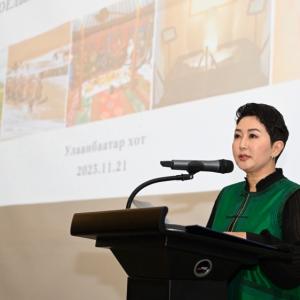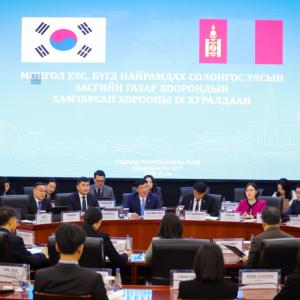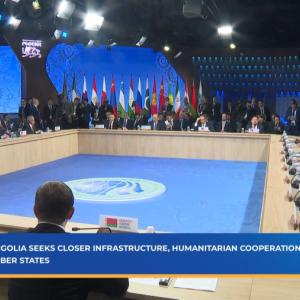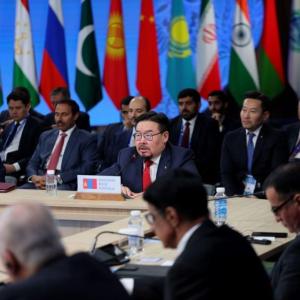Mongolia Accelerates Digital Compliance Ahead of 2028 FATF Evaluation
Society
Ulaanbaatar, November 28, 2025. /MONTSAME/. Mongolia is accelerating the digitalization of its financial monitoring systems to strengthen compliance and secure its position ahead of the 2028 mutual evaluation by the Financial Action Task Force (FATF). The two-day “Combating Money Laundering and Terrorism Financing (AML/CFT): Compliance – Digital Transition” forum, held on November 27-28, was opened by Munkhtuya Rentsenbat, CEO of Khan Bank. The event was co-organized by the Bank of Mongolia, the Financial Information Unit (FIU), and the Mongolian Bankers Association (MBA).

CEO Munkhtuya highlighted that preventing a return to the FATF Grey List, an experience in 2019 that caused foreign payment delays and correspondent banking risks, is essential for national economic security. This urgency was echoed by Davaadalai Batsuuri, Senior Advisor to the Prime Minister of Mongolia, who stated the importance of “early detection,” stating that meeting the 2028 evaluation requirements will demand consistent monthly and quarterly implementation of controls and corrective measures.

Batbaatar Batjargal, Head of Financial Information Unit at the Bank of Mongolia, outlined Mongolia’s strategic roadmap, noting that the country is conducting its third National Risk Assessment (NRA). He said that avoiding the Grey List is a shared responsibility and that the NRA has identified over 200 measures under eight strategic goals to strengthen the AML/CFT framework. He added that the revised FATF methodology is significantly stricter, requiring proof of systemic effectiveness rather than simply having legislation in place. Capacity-building in the judiciary, prosecution, and law enforcement agencies, along with stronger accountability among private-sector reporting entities, will therefore be essential.

A major theme of the forum was the shift from retrospective investigations to real-time, preventive controls. With digital payments moving in seconds, participants emphasized the need to adopt Artificial Intelligence (AI) and Big Data solutions to detect and interrupt suspicious transactions instantly, reinforcing Mongolia’s defenses against financial crime. Cybersecurity challenges were also placed under high-level policy attention. Mr. Davaadalai noted the rising trend of online fraud, particularly through social media, and said the Prime Minister has tasked law enforcement agencies with systemic improvements. He highlighted fragmentation across police, intelligence, and defense institutions and stressed the need for a unified national cybersecurity structure, confirming that significant Government decisions will be taken soon.

Mr. Batbaatar further stated that, due to the high global risk profile of the virtual asset (cryptocurrency) sector, Mongolia has conducted a dedicated risk assessment. This requires strict Know Your Customer (KYC) procedures, internal controls, and compliance measures across the sector. He affirmed that the joint efforts of the Bank of Mongolia, the Financial Regulatory Commission, and law enforcement agencies reflect Mongolia’s commitment to preventing the importation of global financial risks and safeguarding the integrity of the national financial system.
 Ulaanbaatar
Ulaanbaatar










